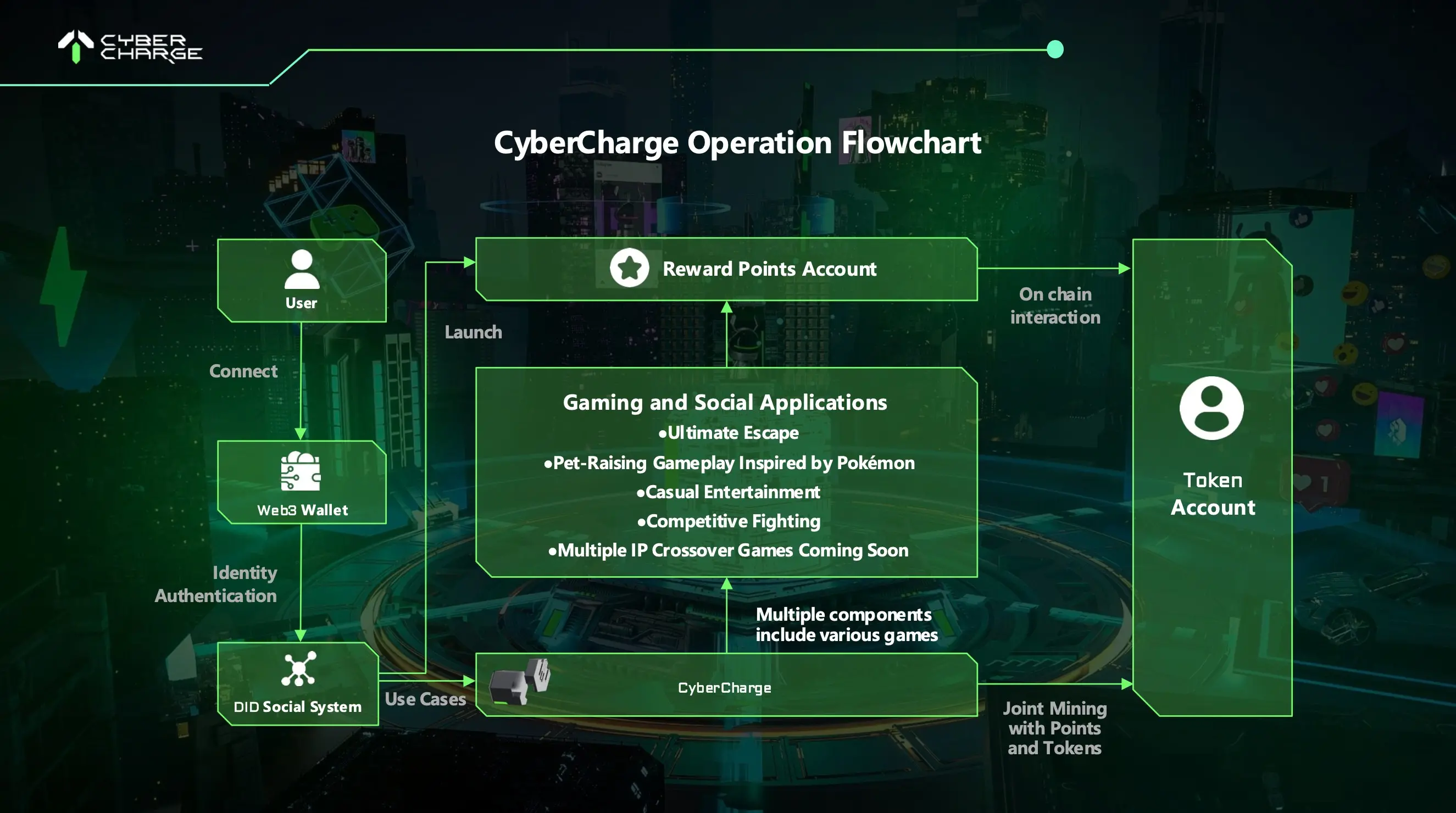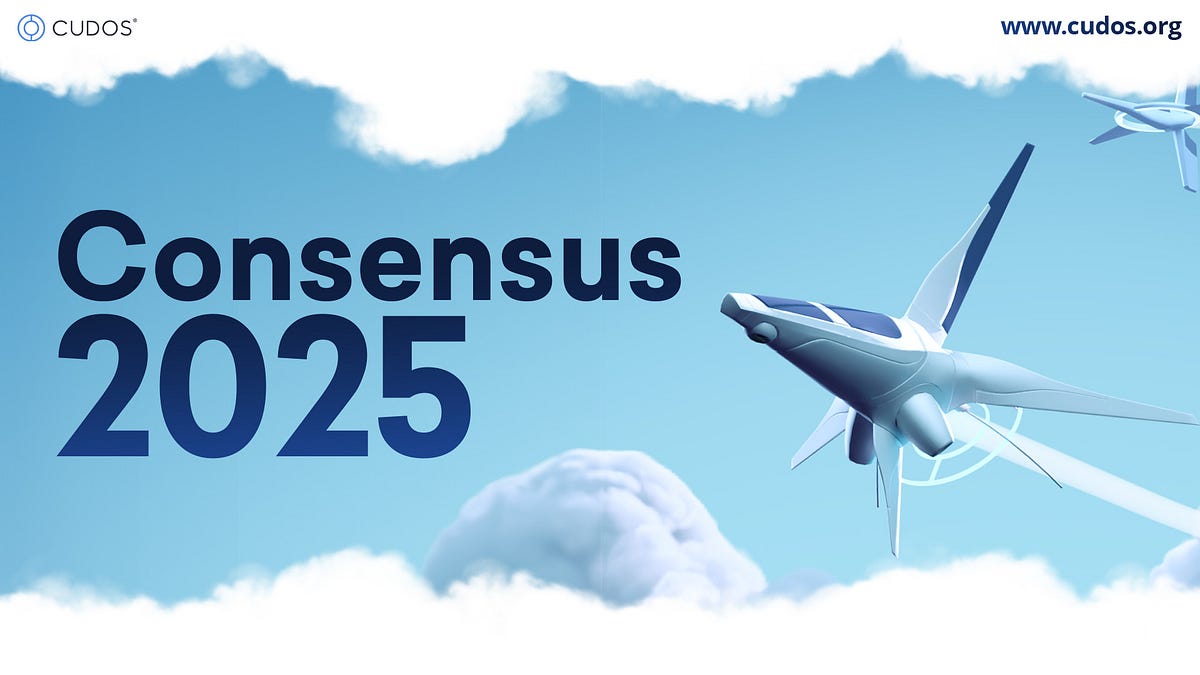Navigating the Challenges of DePIN: Insights from DIMO and CyberCharge

As decentralized physical infrastructure networks (DePIN) continue to develop, a significant issue has emerged: while the networks are built, the actual user engagement remains low. Many DePIN projects have seen a surge in node numbers due to incentivization, yet the demand for services has not kept pace, leading to resource idleness and limited network activity. This is particularly concerning as many projects target specialized use cases that require technical expertise or specific conditions, effectively excluding a large portion of potential users. This mismatch between supply and demand complicates the incentive structures, making it difficult to stabilize token values and risking a decline in participation.
DIMO stands out as a notable project within the DePIN sector, focusing on automotive data networks. The initiative encourages car owners to install hardware that collects operational data from their vehicles, which is then uploaded to a decentralized network. In exchange, participants earn DIMO tokens, promoting the idea of “data as an asset.” However, the project faces challenges such as high entry costs for hardware and a limited user base, primarily consisting of tech-savvy individuals. While DIMO has made strides in accumulating valuable driving data and forming partnerships, it must overcome barriers to participation and broaden its appeal to reshape the automotive data landscape.
In contrast, CyberCharge presents a fresh approach to DePIN by lowering participation thresholds and enhancing user engagement. Unlike DIMO, which requires specific hardware purchases, CyberCharge utilizes a smart charger that is more accessible and serves a practical purpose. This model encourages broader participation, as anyone with a mobile device can join. Additionally, CyberCharge fosters community engagement through interactive features, creating a more vibrant ecosystem. While still in its early stages, CyberCharge’s innovative approach could redefine user interaction in the DePIN space, highlighting the potential for a new generation of projects to address existing challenges and engage a wider audience.
Related News





